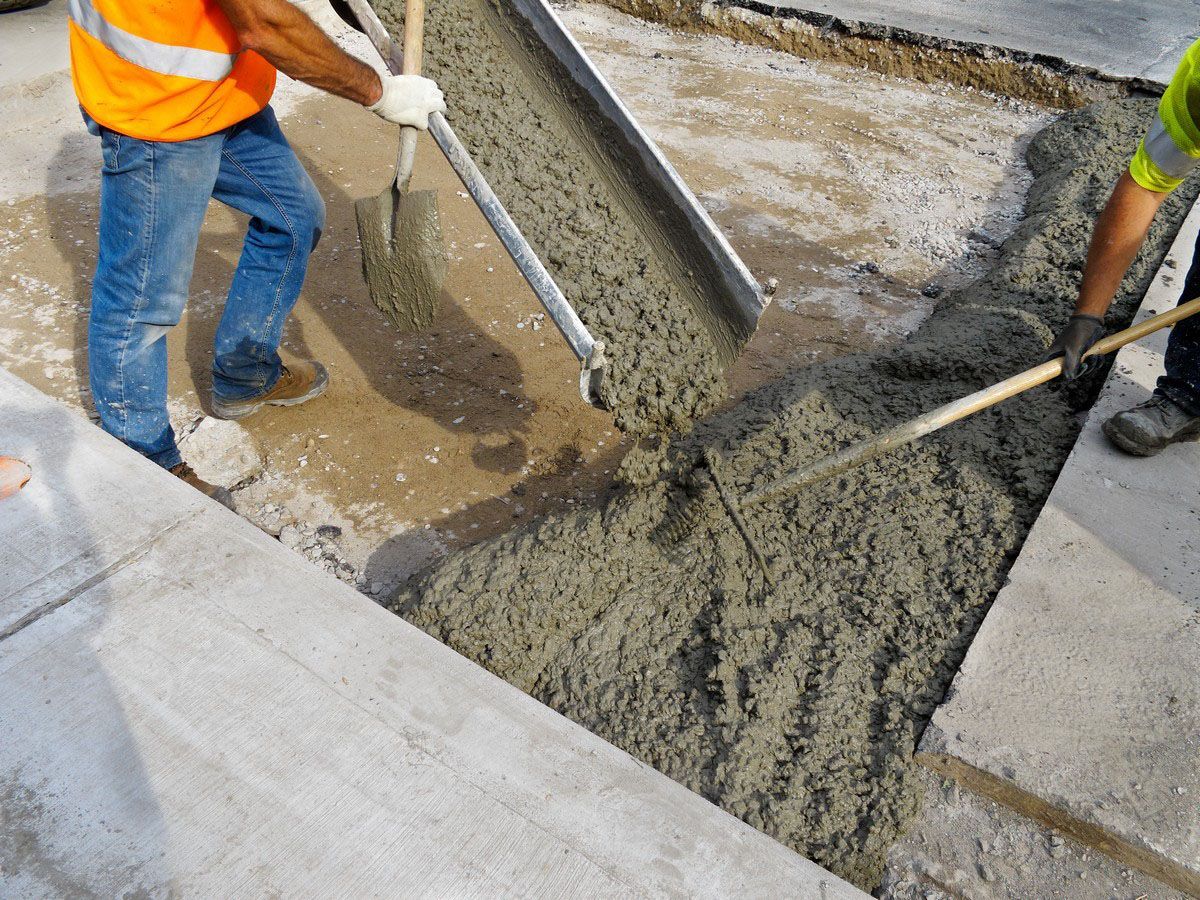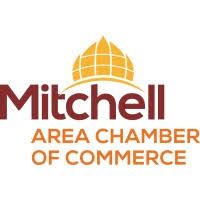4 Questions to Ask Before Hiring a Commercial Concrete Contractor
Hiring a commercial concrete contractor is a critical decision that can significantly impact the quality and success of your construction project. The stakes are high—choosing the wrong concrete contractor can result in costly delays, subpar work, and even legal complications. On the other hand, choosing the right professional ensures your project is completed efficiently, safely, and to the highest standards. With the sheer number of contractors available, the process can feel overwhelming, which is why having a clear framework for evaluation is essential. Making an informed choice requires knowing the right questions to ask, as these inquiries uncover a contractor’s true capabilities and reliability. This article outlines essential questions to guide you through choosing the best concrete contractor for your needs, helping you feel confident about your investment and future results.
1. What Is Your Experience and Expertise?
Understanding the duration a concrete contractor has been in business is paramount. Firms with a long history often reflect reliability and consistency. Their longevity suggests resolved challenges and honed expertise in the industry. According to IBISWorld, there are over 92,900 businesses across the U.S. operating in the concrete contractors industry. Among these, those with many years of operation often emerge with a competitive edge.
Evaluating a contractor's experience with projects of similar scope is vital. This entails assessing their portfolio to determine the complexity and scale of jobs they've completed. Contractors with diverse project histories can provide versatile solutions. Their exposure to similar projects can translate into reduced learning curves for your project needs. This past exposure ensures that the concrete contractor can handle your project efficiently.
Scrutinizing industry accreditations is an imperative step in concrete contractor selection. Accreditations signal adherence to industry best practices and quality standards. They reflect a contractor’s commitment to continuous professional development. These credentials might be from well-recognized industry bodies, enhancing trust and reliability. When a concrete contractor is certified, it provides reassurance of their expertise and reliability.
Client testimonials can offer invaluable insights into a contractor’s performance. Feedback from past clients can highlight a contractor’s strengths and areas for improvement. It's essential to discern patterns in reviews that speak to reliability and project outcomes. Testimonials, when genuine, can serve as a strong endorsement of the contractor's capabilities. It's always prudent to take note of recurring issues or praises to guide your choice.
2. Can You Provide a Detailed Quote and Timeline?
A comprehensive cost breakdown is essential for understanding financial allocations. A detailed estimate ensures transparency on where your money is spent. This clarity helps prevent unexpected cost overruns and allows for better budget management. Requesting a detailed breakdown can also facilitate negotiation discussions. As clients, knowing the intricacies of costs promotes informed decision-making.
A clearly defined timeline ensures alignment of expectations between client and contractor. It's crucial to discuss potential delays and factors that might affect the schedule. A realistic timeline helps streamline project planning and execution. Knowing the timeline also assists in coordinating with other stakeholders involved in the project. Clients must ensure that the proposed schedule aligns with their overall project objectives.
Thoroughly understanding payment terms can prevent financial misunderstandings. Clear terms delineate how costs will be managed throughout the project duration. Discussing payment schedules upfront can align expectations significantly. These terms should be detailed in any contractual agreements to prevent discrepancies later. Clarity in financial agreements fosters a smoother transactional relationship.
Probing a contractor’s contingency plans is critical for unforeseen challenges. Every project is susceptible to unexpected issues that may impact costs and timelines. An effective contingency strategy can mitigate such disruptions, ensuring project continuity. Discussing potential challenges beforehand helps prepare both client and contractor. A proactive approach ensures that emergencies are handled swiftly and effectively.
Obtaining multiple quotes is beneficial for comparison and negotiation. Exploring a range of proposals helps in understanding market standards and pricing. A comparative analysis can highlight discrepancies and potential savings. This tactic also unveils different services offered by contractors within similar price ranges. Clients should aim to balance cost with quality and services provided by different bidders.
3. Do You Have the Necessary Licenses and Insurance?
License verification is a critical step in ensuring concrete contractor legitimacy. Proper licensing indicates adherence to local regulations and professional standards. It reassures clients of the contractor's credibility and qualifications. Ensuring licenses are up-to-date can protect against legal ramifications. Clients should regard this as a non-negotiable criterion in concrete contractor selection.
Adequate insurance coverage safeguards against potential liabilities. Ensuring that all eventualities are covered can prevent financial setbacks. A reputable concrete contractor should provide evidence of sufficient insurance holdings. This coverage includes liabilities for accidents or damages that might occur on-site. Clients should confirm that insurance terms are in line with industry standards.
Worksite safety hinges significantly on comprehensive workers' compensation policies. Such coverage protects workers and clients from work-related injuries or claims. Verifying these policies ensures ethical employment practices are maintained. Employers should be able to provide documentation proving their coverage to clients. With proper workers' compensation, both onsite safety and legal compliance are upheld.
Legal compliance reflects a contractor’s commitment to regulatory standards. Discussing compliance measures adopted by the contractor ensures peace of mind. Compliance mitigates risks associated with project delays and legal penalties. Being proactive in these discussions promotes smoother project operations. Ensuring compliance is a testament to a contractor's professionalism and dedication.
4. How Do You Ensure Quality and Safety?
Quality control practices form the backbone of successful project execution. Contractors should employ robust standards for monitoring and evaluating project quality. These measures are crucial to ensuring specifications and requirements are met. Sound quality control methods also prevent costly revisions and delays. Inquiring about these practices ensures a commitment to high-quality work.
A contractor’s commitment to safety protocols is paramount on a worksite. Rigorous safety measures prevent accidents and reinforce a secure work environment. Comprehensive safety plans reflect industry standards and regulatory compliance. Clients should feel reassured that safety is prioritized at every stage. Discussing safety measures can significantly reduce risks associated with construction work.
The quality of materials significantly impacts project outcome and durability. Reliable contractors source materials from credible suppliers known for high-quality standards. Clients should inquire about supplier relationships to ensure material reliability. Understanding sourcing practices can enhance confidence in a project’s longevity. Contractor transparency in this area reflects a commitment to using only the best resources.
Effective on-site supervision is crucial for maintaining quality and efficiency. Contractors should have protocols for consistent oversight and management. Active supervision ensures adherence to timelines and quality standards. Clients should inquire about supervision practices to gauge project management effectiveness. Effective supervision minimizes errors, improves safety, and enhances collaboration.
Defining success metrics helps in evaluating project outcomes clearly. Contractors with clear metrics can demonstrate project success more effectively. These metrics often encompass timelines, budget adherence, and quality standards. Clients should understand how these metrics will be used to assess project satisfaction. Evaluating success metrics helps set clear expectations and measure achievements accurately.
Choosing the right commercial concrete contractor is crucial to ensuring your project’s success. The process goes far beyond comparing price tags—it’s about evaluating experience, verifying credentials, and ensuring that quality and safety are prioritized from start to finish. By asking these targeted questions, you not only protect your investment but also establish a foundation for a trustworthy and productive working relationship. A thorough vetting process minimizes risks, prevents costly mistakes, and increases the likelihood of a smooth, timely, and high-quality outcome. Reach out to Big Dog Concrete LLC to learn more today!




Share On: